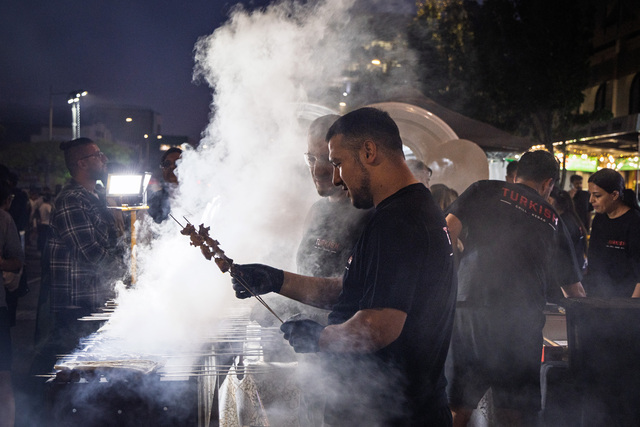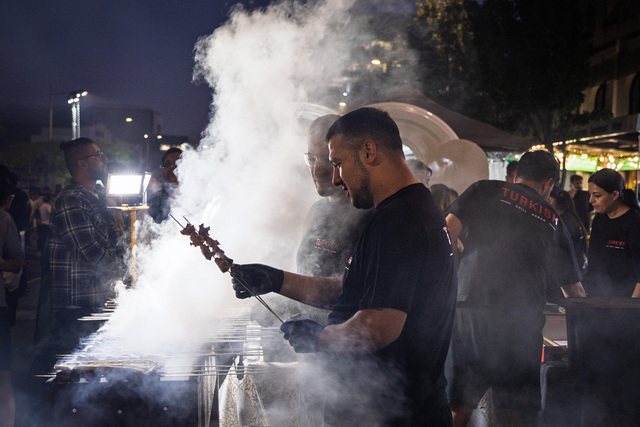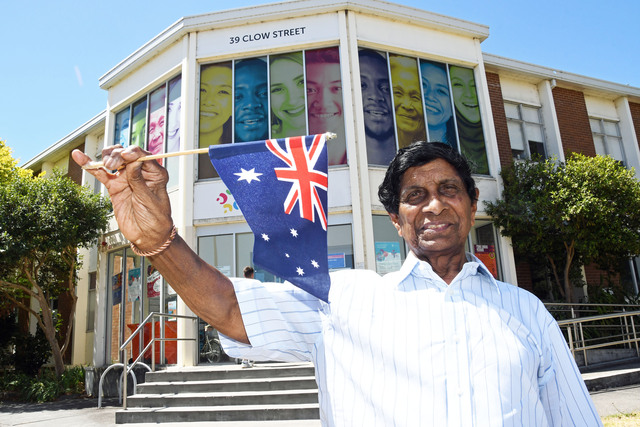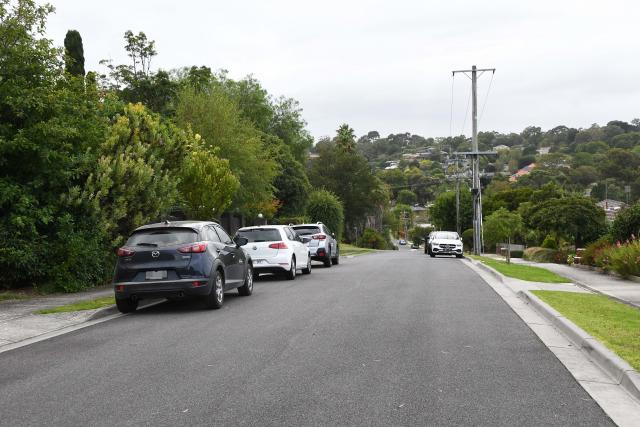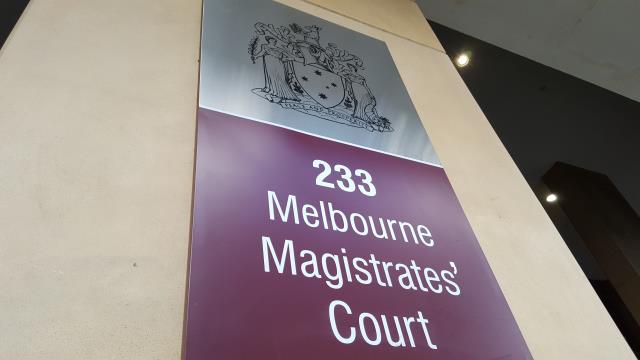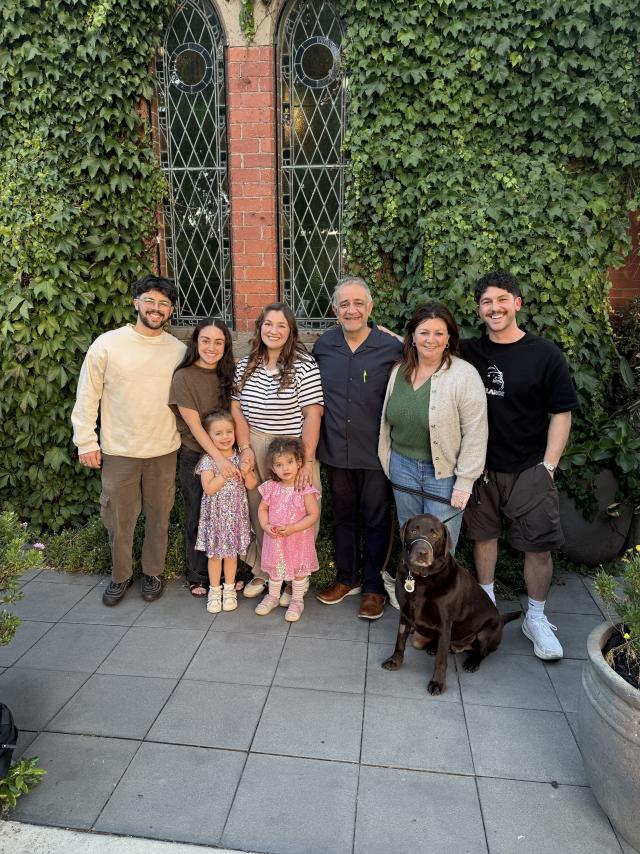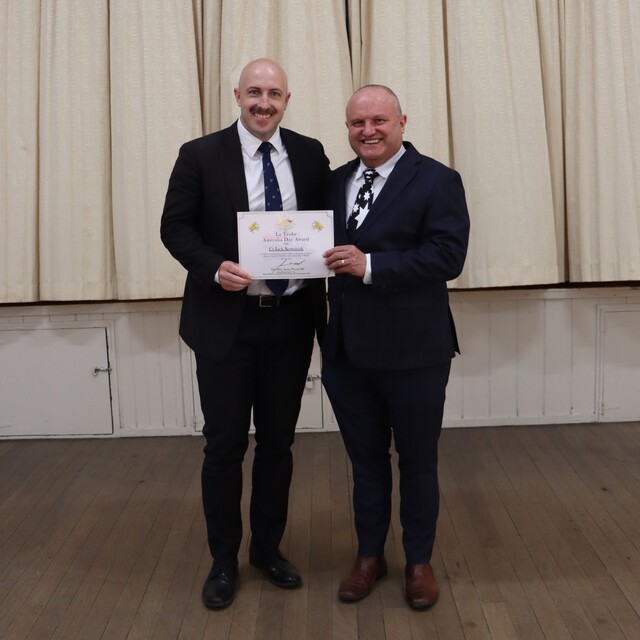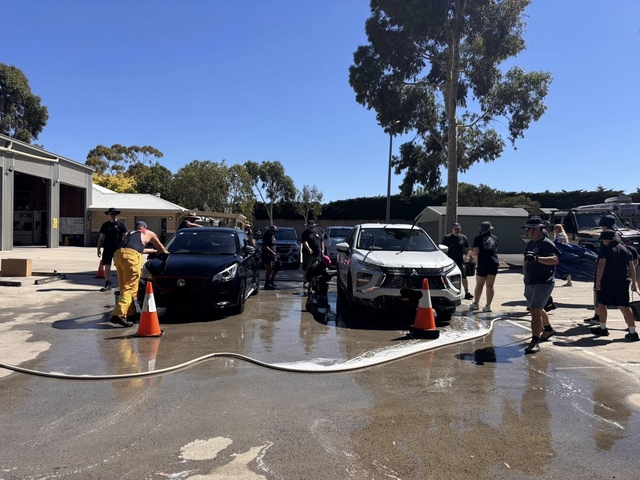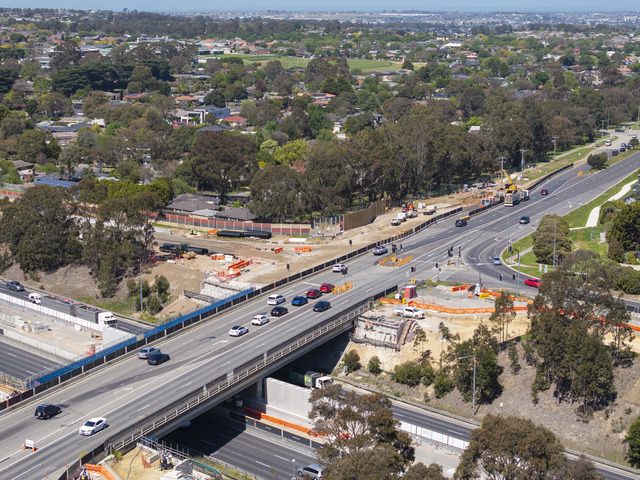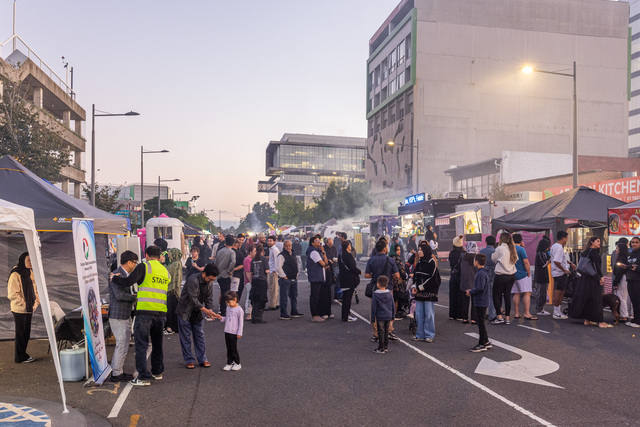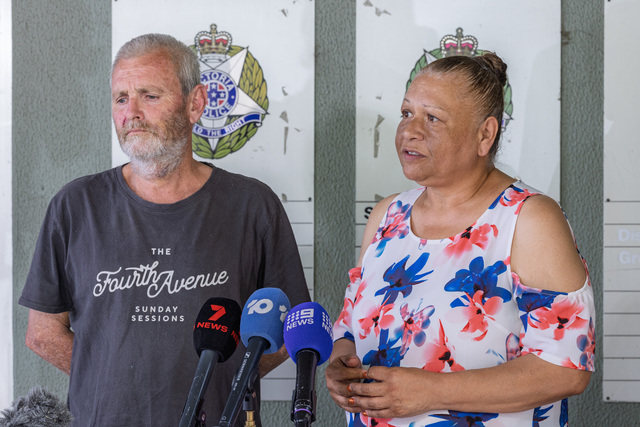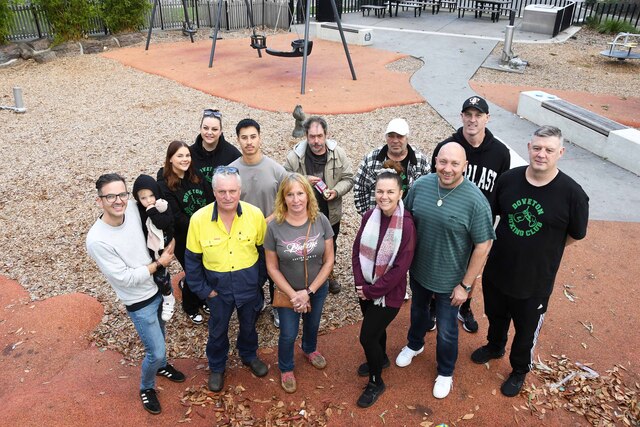An ice-addled truck driver had hardly slept for days before fatally running down four police officers in a freeway emergency lane in 2020, the Supreme Court of Victoria has heard.
Mohinder Bajwa Singh, 48, of Cranbourne pleaded guilty to four counts of culpable driving causing the death of Victoria Police officers Leading Senior Constable Lynette Taylor, Constable Glen Humphris, Senior Constable Kevin King and Constable Joshua Prestney.
He also pleaded guilty to three counts of trafficking illicit drugs – ice, cannabis and 1,4-butanediol.
At up to 80 km/h, Singh’s prime mover drove into two police vehicles and Richard Pusey’s intercepted Porsche stopped by the Eastern Freeway, Kew about 5.36pm on 22 April 2020.
Numerous passers-by gave assistance but the four police officers died at the scene.
In his opening summary on 11 March, prosecutor Brendan Kissane QC told the court that Singh used and trafficked drugs, spoke often of being stalked by witches and taking little time to rest.
According to phone activity records, Singh had the opportunity to rest for just five hours in the 72 hours before the crash, Mr Kissane said.
Hours before the crash, an associate was told by Singh that “the witches are coming and we have to leave.”
“I had never seen anyone as drug f***ed in my life,” the associate later told police.
“He hadn’t slept for eight days”.
About 4.30am that morning, Singh told his son that “a witch was messing with his head, that a witch was following him, that a witch was pulling him towards her”.
Before Singh set out on the fateful journey, a work colleague told Singh’s supervisor at Connect Logistics’ depot in Abbotts Road, Dandenong South, that Singh shouldn’t be driving.
The supervisor spoke at length and prayed with Singh before Singh agreed to deliver a load to Thomastown.
He signed a ‘fitness to drive’ form, and left the depot just before 5pm – only stopping to supply ice to an associate in Abbotts Road.
During the next 38 minutes, the truck was observed several times “dipping and veering out of its lane” on Eastlink and Eastern Freeway, including repeated “dips” into the emergency lane.
“This dude’s going to f***ing kill someone,” an observer told his mother minutes before the crash.
An expert opinion found Singh’s prime mover was wholly in the emergency lane at impact, Mr Kissane said.
“There was no reactive braking until the time of impact” – despite the activation of the truck’s collision warning system two seconds earlier.
There was no evidence of contributory faults in the truck’s braking, steering, suspension or tyres.
According to a toxicologist, Singh was so impaired on ice he was incapable of properly controlling a vehicle.
His level of sleep deprivation was equivalent to driving with a 0.3 blood-alcohol reading, another expert found.
Police found 83 grams of cannabis and 3 grams of meth in the truck, three cannabis plants being grown at his house and 23 diazepam tablets in Singh’s Camry and home.
Singh was taken to hospital and initially deemed unfit for interview. He later told police that he didn’t want to work because he was “sleepy and tired”.
“I can still see them in front of my truck and I tried to slam the brakes on ‘em and I couldn’t stop it, I couldn’t stop it.”
Over the days before, Singh sold and used drugs on several occasions, including a 12-hour bender on ice and 1,4-butanediol with a female in a Dandenong Motel room.
He was observed by some of his drug associates as “off his head”. One of whom told him “he would kill someone if he didn’t get some sleep”.
At the second day of hearings on Friday 12 March, Singh apologised through his defence counsel Peter Morrissey SC for his actions.
Mr Morrissey said Singh had been recorded telling police to “tell the families … I didn’t mean to hurt them. It was a big accident”.
Mr Morrissey told the court that there was no aggressive driving on Singh’s part, and that he was compelled to drive by his boss – despite recognising that he should not have been in control of a vehicle at the time due to his condition.
The defence counsel also stated that Singh had demonstrated that he was “instantly shattered by what he did”, with no attempts to flee the scene, and was willing to cooperate with the investigation and court process.
Forensic psychiatrist Dr Andrew Carroll told the court that Singh exhibited traits of psychoticism, disinhibition, and detachment, and that he had a history of “odd perceptual experiences and odd beliefs” dating back to his teenage years, predating his heavy drug use.
According to Dr Carroll’s testimony, Singh’s schizotypal personality trait meant he was more susceptible to developing psychosis while using ice, but He acknowledged it was difficult to say whether Singh’s psychosis on the fateful day was caused by his drug use.
Dr Carroll said Singh was prone to impulsive behaviours, a trait which may have been aggravated by ice use. Singh had been using ice for five years, and had increased his use in the months before the crash.
The court heard Singh’s weak self-esteem may have contributed to his decision to drive when pressured by his boss to do so. Singh had also expressed worry at losing his job, as he was still on probation.
Singh is still supported by his wife and two children, and has undertaken a number of courses while in prison awaiting sentencing, the court heard.
Mr Morrissey said Singh had “hopeful” prospects for rehabilitation.
The matter will return to court for sentencing on 14 April.

